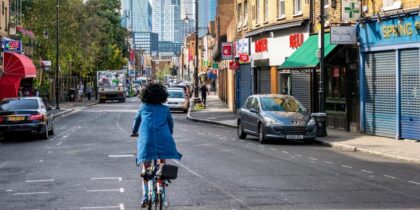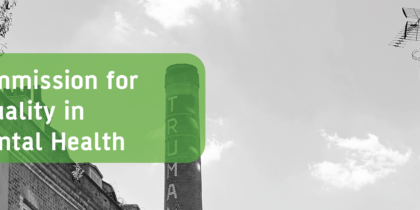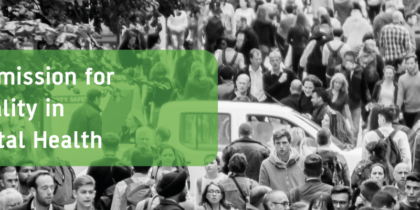“[Autistic people] still seem to be at the back of the queue when it comes to support and simple kindness and compassion” – Lisa, Autistica Briefing reviewer
Autistic people already faced stark mental health inequalities before the pandemic. Although mental health difficulties are not an inherent part of autism, they are experienced by eight in ten autistic people, many of whom struggle to access appropriate support. Sadly, autistic people are seven times more likely to die by suicide than the general population. Now, emerging evidence highlighted in the new Autistica Briefing on Covid-19 shows that the related increase in mental health difficulties is disproportionately affecting autistic people.
Lockdown has been hard on everyone, but autistic and other neurodivergent people face unique challenges. Uncertainty plays a major role in anxiety for autistic people, and for many, the indefinite disruption to their usual routines is a significant stressor. Many autistic people and families feel their needs have not been addressed in lockdown; existing social isolation has been exacerbated, and services or care provision have been reduced or suspended altogether.
“I went from having therapy at school every week and counselling from CAMHS every two weeks to nothing.” – Marcus, Autistica Briefing reviewer
Restrictions easing brings relief to some, but many autistic people will find this uncertain time harder than full lockdown. Growing pressure to return to stressful school, work and social environments is raising anxiety, particularly where usual coping strategies remain unavailable. Six in ten autistic people and families in our Autistica Network reported dissatisfaction with information on leaving lockdown, and widespread inconsistency in adherence to social distancing has effectively kept some in lockdown. Meanwhile, autistic people who cannot wear face coverings have faced stigma and harassment in public spaces, leading some to avoid going out altogether.
“The messages have become increasingly contradictory” – Jack, Autistica Network member
At the same time, the way mental health services are delivered has changed. With most face-to-face services closed, autistic people who find telephone or video calls difficult cannot engage effectively with remote alternatives. For others, the opening of remote appointments has made health care more accessible by removing travel or difficult sensory environments. More research is urgently needed for improving the accessibility and clinical effectiveness of digital health care for different groups. A return to pre-pandemic service levels is not enough to cope with rising demand or meet the needs of a neurodiverse population; commissioners should instead prepare targeted neurodevelopmental support and service models that can adapt to changes in guidance.
The mental health crisis facing autistic people is not inevitable. Indeed, many have also reported positive aspects of lockdown, such as reduced social pressures, emptier public spaces, and the shift towards working and studying from home. In the rush to get “back to normal”, it is crucial that we also identify, research and retain these beneficial changes. This is an unprecedented opportunity for change; instead of leaving behind those who are different, we can build a world where they can truly thrive.







